[Anchor]
Minister Chung Dong-young announced that the Ministry of Unification has abolished internal guidelines that restrict private contacts with North Korea.
He stated that the law will be changed to fully allow meetings with North Korean residents.
This is a report by reporter Jang Hyuk-jin.
[Report]
As tensions between the North and South increased due to the severing of communication channels, the Ministry of Unification established internal guidelines in June 2023.
These guidelines specified the application of provisions in the Inter-Korean Exchange and Cooperation Act that allowed for the rejection of reports from private organizations wishing to contact North Korean residents.
In the two years since, only one report has been accepted, which was for humanitarian purposes related to last year's flood damage support, while all other reports were denied.
One of the reasons this reporting system has effectively operated as a 'permit system' was that it allowed the government to arbitrarily judge the rejection of reports, which Minister Chung Dong-young stated has now been "abolished."
Reflecting the new government's philosophy that free contact leads to mutual understanding and coexistence, he announced that private contacts with North Korea will be fully permitted, and that amendments to related legal provisions will also be pursued.
In fact, since the launch of the Lee Jae Myung government, 41 out of 49 reports for contact with North Korean residents have been accepted.
While North Korean organizations welcomed this, they are demanding the revision of the 'conditional clause' that stipulates the conditions for rejecting reports.
[Hong Sang-young/Secretary General of the Korean Sharing Movement: "Either the clause itself should be removed, or the law should be enacted to apply that clause very strictly, so that contact can be possible."]
However, there are concerns about national security breaches, such as contacts with North Korean agents, if contacts with North Korea are fully allowed.
A government official explained, "The Inter-Korean Exchange and Cooperation Act is intended to promote mutual exchanges, and security offenders can be punished under the National Security Act, among others."
This is KBS News, Jang Hyuk-jin.
Minister Chung Dong-young announced that the Ministry of Unification has abolished internal guidelines that restrict private contacts with North Korea.
He stated that the law will be changed to fully allow meetings with North Korean residents.
This is a report by reporter Jang Hyuk-jin.
[Report]
As tensions between the North and South increased due to the severing of communication channels, the Ministry of Unification established internal guidelines in June 2023.
These guidelines specified the application of provisions in the Inter-Korean Exchange and Cooperation Act that allowed for the rejection of reports from private organizations wishing to contact North Korean residents.
In the two years since, only one report has been accepted, which was for humanitarian purposes related to last year's flood damage support, while all other reports were denied.
One of the reasons this reporting system has effectively operated as a 'permit system' was that it allowed the government to arbitrarily judge the rejection of reports, which Minister Chung Dong-young stated has now been "abolished."
Reflecting the new government's philosophy that free contact leads to mutual understanding and coexistence, he announced that private contacts with North Korea will be fully permitted, and that amendments to related legal provisions will also be pursued.
In fact, since the launch of the Lee Jae Myung government, 41 out of 49 reports for contact with North Korean residents have been accepted.
While North Korean organizations welcomed this, they are demanding the revision of the 'conditional clause' that stipulates the conditions for rejecting reports.
[Hong Sang-young/Secretary General of the Korean Sharing Movement: "Either the clause itself should be removed, or the law should be enacted to apply that clause very strictly, so that contact can be possible."]
However, there are concerns about national security breaches, such as contacts with North Korean agents, if contacts with North Korea are fully allowed.
A government official explained, "The Inter-Korean Exchange and Cooperation Act is intended to promote mutual exchanges, and security offenders can be punished under the National Security Act, among others."
This is KBS News, Jang Hyuk-jin.
■ 제보하기
▷ 카카오톡 : 'KBS제보' 검색, 채널 추가
▷ 전화 : 02-781-1234, 4444
▷ 이메일 : kbs1234@kbs.co.kr
▷ 유튜브, 네이버, 카카오에서도 KBS뉴스를 구독해주세요!
- Private contacts with NK allowed
-
- 입력 2025-08-01 01:34:25
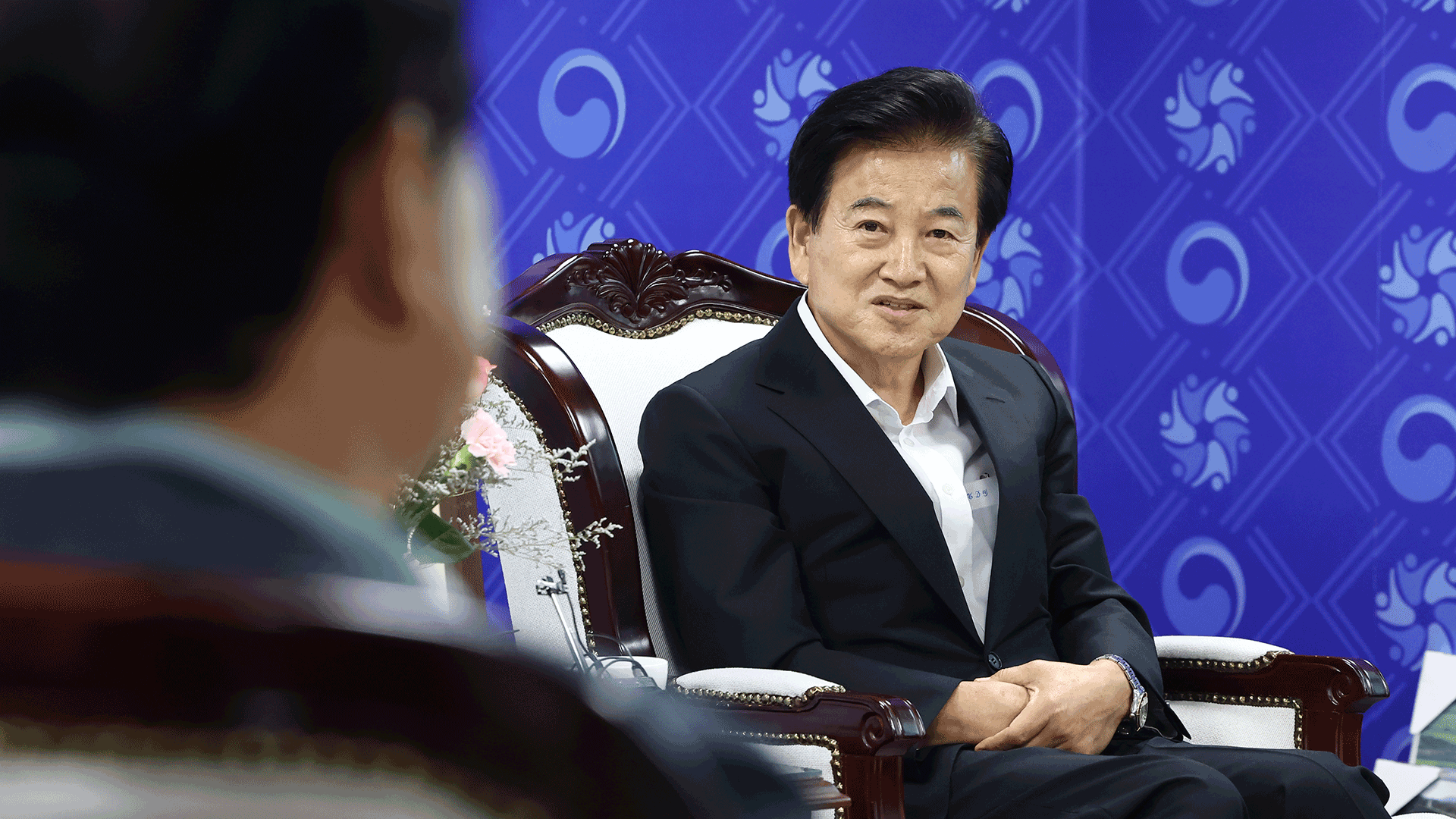
[Anchor]
Minister Chung Dong-young announced that the Ministry of Unification has abolished internal guidelines that restrict private contacts with North Korea.
He stated that the law will be changed to fully allow meetings with North Korean residents.
This is a report by reporter Jang Hyuk-jin.
[Report]
As tensions between the North and South increased due to the severing of communication channels, the Ministry of Unification established internal guidelines in June 2023.
These guidelines specified the application of provisions in the Inter-Korean Exchange and Cooperation Act that allowed for the rejection of reports from private organizations wishing to contact North Korean residents.
In the two years since, only one report has been accepted, which was for humanitarian purposes related to last year's flood damage support, while all other reports were denied.
One of the reasons this reporting system has effectively operated as a 'permit system' was that it allowed the government to arbitrarily judge the rejection of reports, which Minister Chung Dong-young stated has now been "abolished."
Reflecting the new government's philosophy that free contact leads to mutual understanding and coexistence, he announced that private contacts with North Korea will be fully permitted, and that amendments to related legal provisions will also be pursued.
In fact, since the launch of the Lee Jae Myung government, 41 out of 49 reports for contact with North Korean residents have been accepted.
While North Korean organizations welcomed this, they are demanding the revision of the 'conditional clause' that stipulates the conditions for rejecting reports.
[Hong Sang-young/Secretary General of the Korean Sharing Movement: "Either the clause itself should be removed, or the law should be enacted to apply that clause very strictly, so that contact can be possible."]
However, there are concerns about national security breaches, such as contacts with North Korean agents, if contacts with North Korea are fully allowed.
A government official explained, "The Inter-Korean Exchange and Cooperation Act is intended to promote mutual exchanges, and security offenders can be punished under the National Security Act, among others."
This is KBS News, Jang Hyuk-jin.
Minister Chung Dong-young announced that the Ministry of Unification has abolished internal guidelines that restrict private contacts with North Korea.
He stated that the law will be changed to fully allow meetings with North Korean residents.
This is a report by reporter Jang Hyuk-jin.
[Report]
As tensions between the North and South increased due to the severing of communication channels, the Ministry of Unification established internal guidelines in June 2023.
These guidelines specified the application of provisions in the Inter-Korean Exchange and Cooperation Act that allowed for the rejection of reports from private organizations wishing to contact North Korean residents.
In the two years since, only one report has been accepted, which was for humanitarian purposes related to last year's flood damage support, while all other reports were denied.
One of the reasons this reporting system has effectively operated as a 'permit system' was that it allowed the government to arbitrarily judge the rejection of reports, which Minister Chung Dong-young stated has now been "abolished."
Reflecting the new government's philosophy that free contact leads to mutual understanding and coexistence, he announced that private contacts with North Korea will be fully permitted, and that amendments to related legal provisions will also be pursued.
In fact, since the launch of the Lee Jae Myung government, 41 out of 49 reports for contact with North Korean residents have been accepted.
While North Korean organizations welcomed this, they are demanding the revision of the 'conditional clause' that stipulates the conditions for rejecting reports.
[Hong Sang-young/Secretary General of the Korean Sharing Movement: "Either the clause itself should be removed, or the law should be enacted to apply that clause very strictly, so that contact can be possible."]
However, there are concerns about national security breaches, such as contacts with North Korean agents, if contacts with North Korea are fully allowed.
A government official explained, "The Inter-Korean Exchange and Cooperation Act is intended to promote mutual exchanges, and security offenders can be punished under the National Security Act, among others."
This is KBS News, Jang Hyuk-jin.
-
-
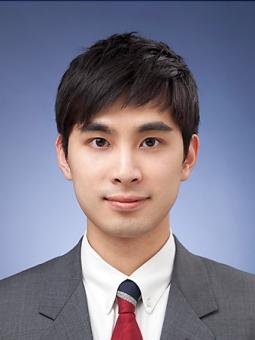
장혁진 기자 analogue@kbs.co.kr
장혁진 기자의 기사 모음
-
이 기사가 좋으셨다면
-
좋아요
0
-
응원해요
0
-
후속 원해요
0










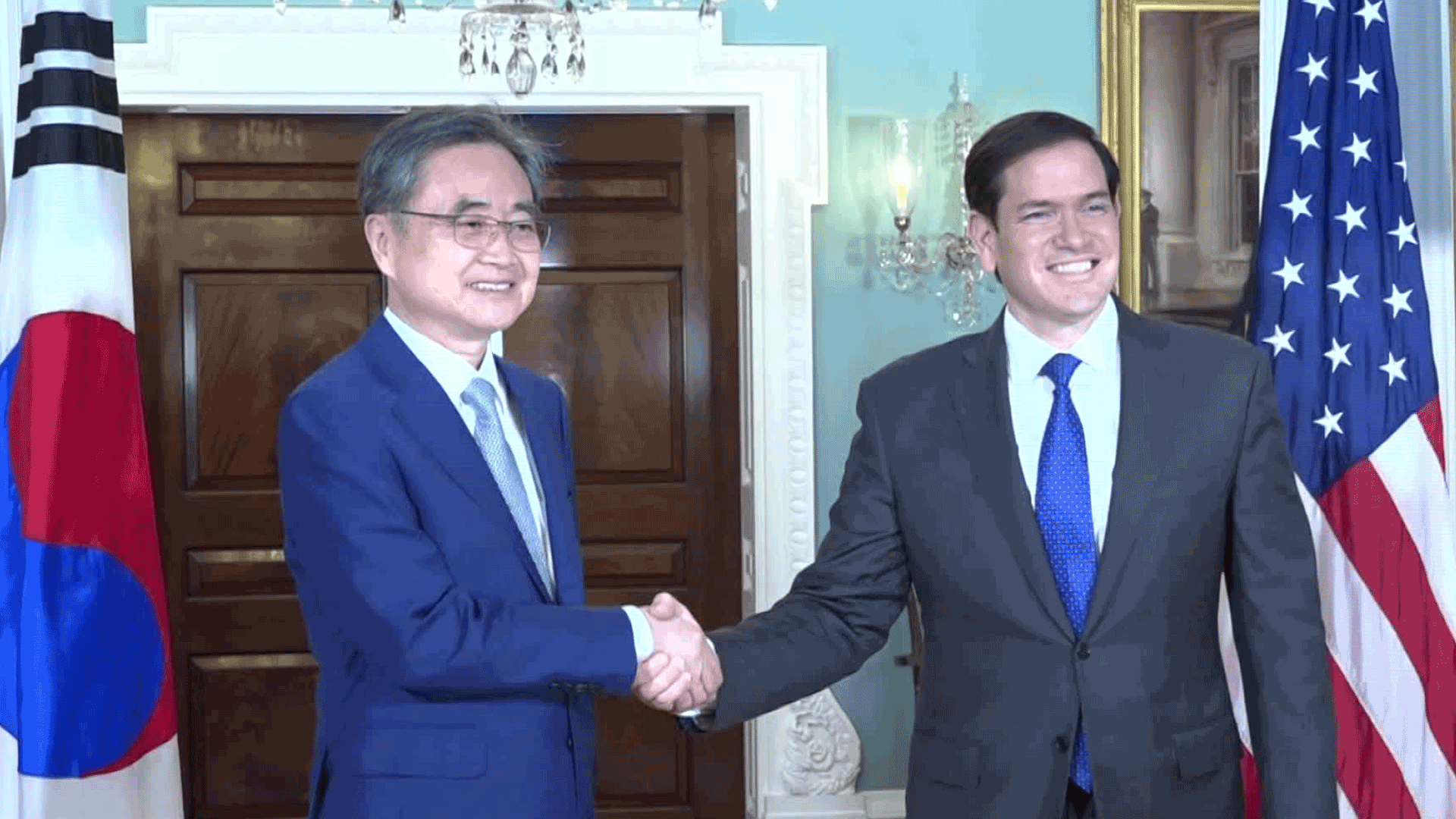

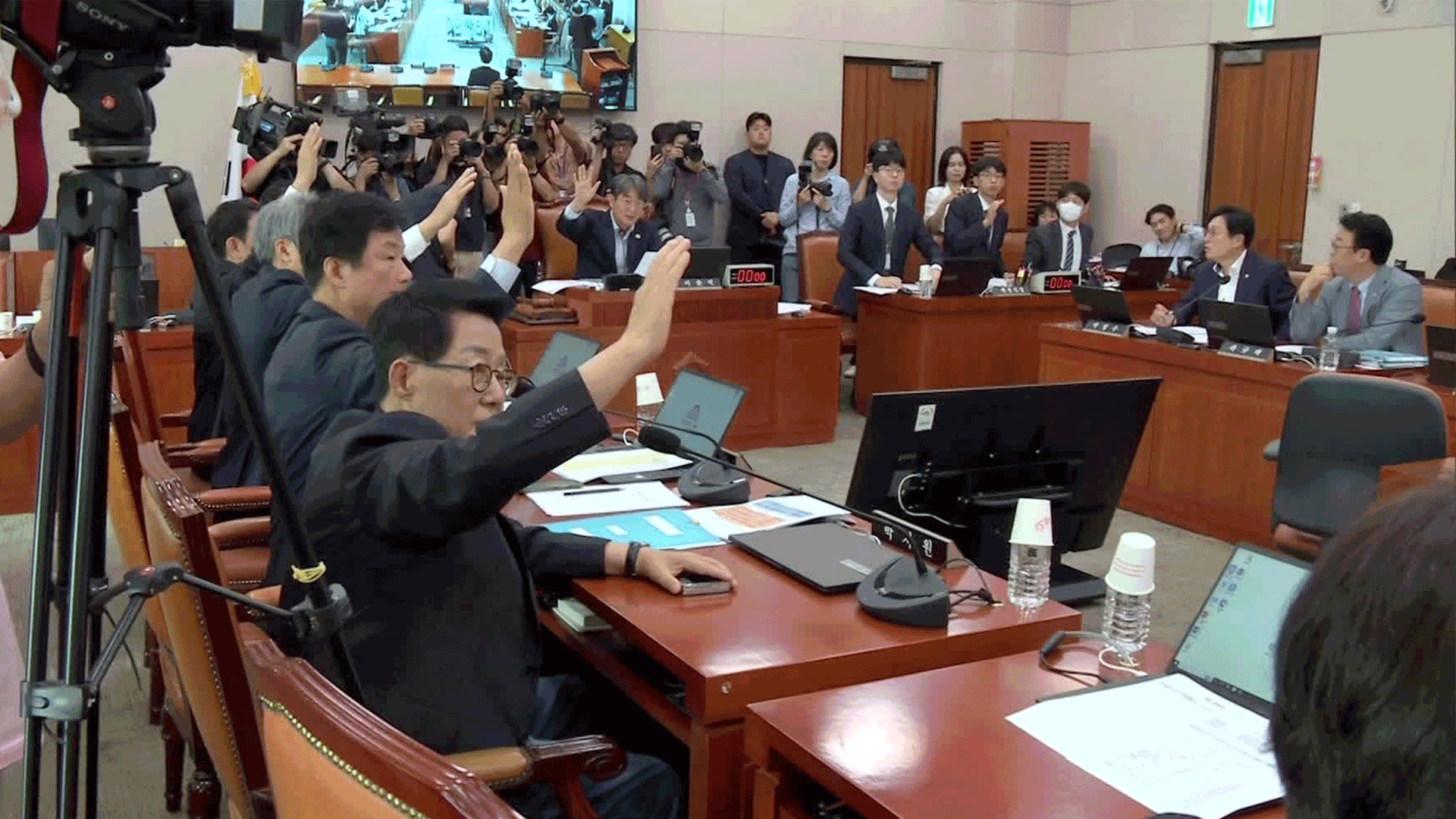
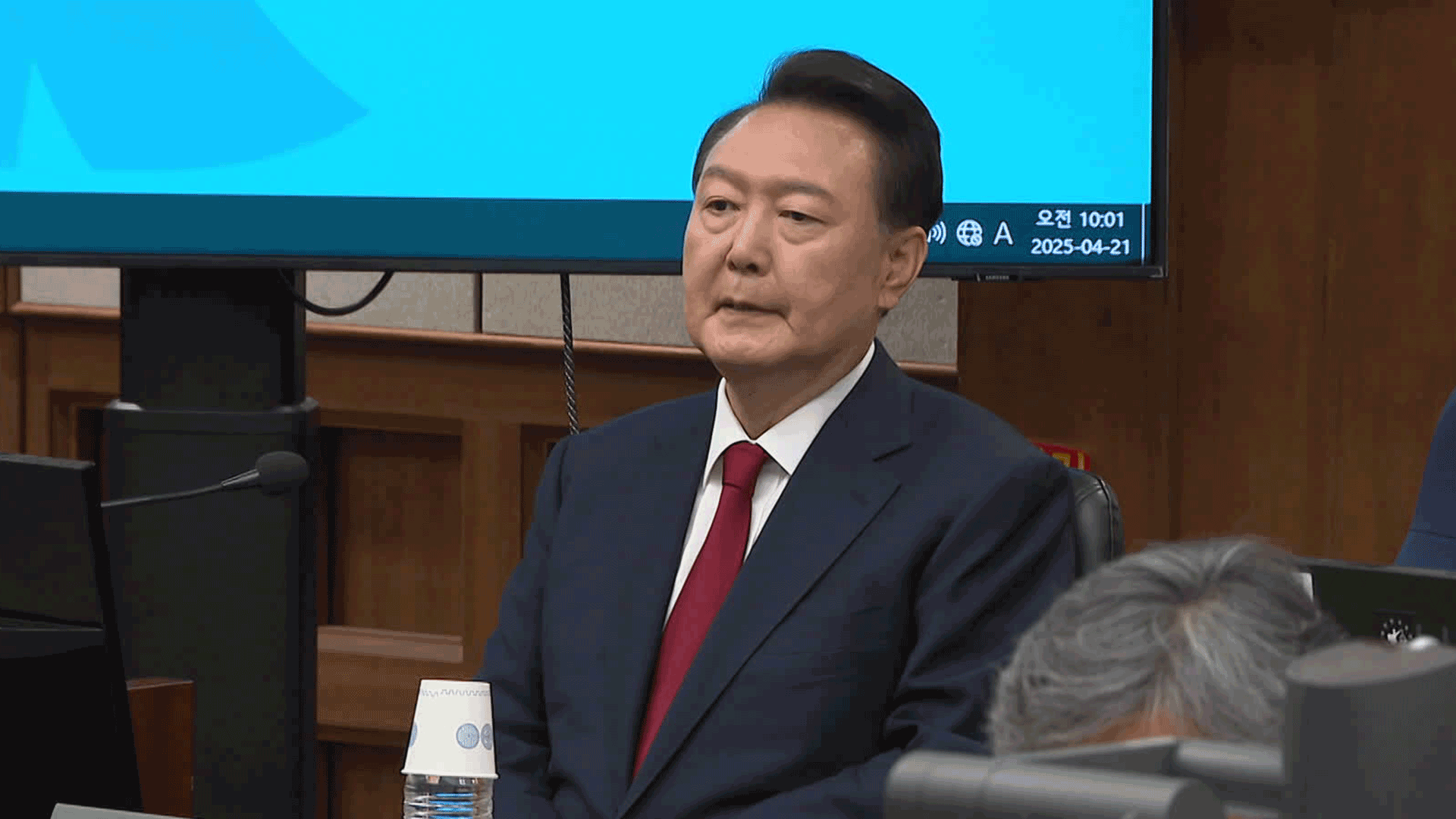

이 기사에 대한 의견을 남겨주세요.